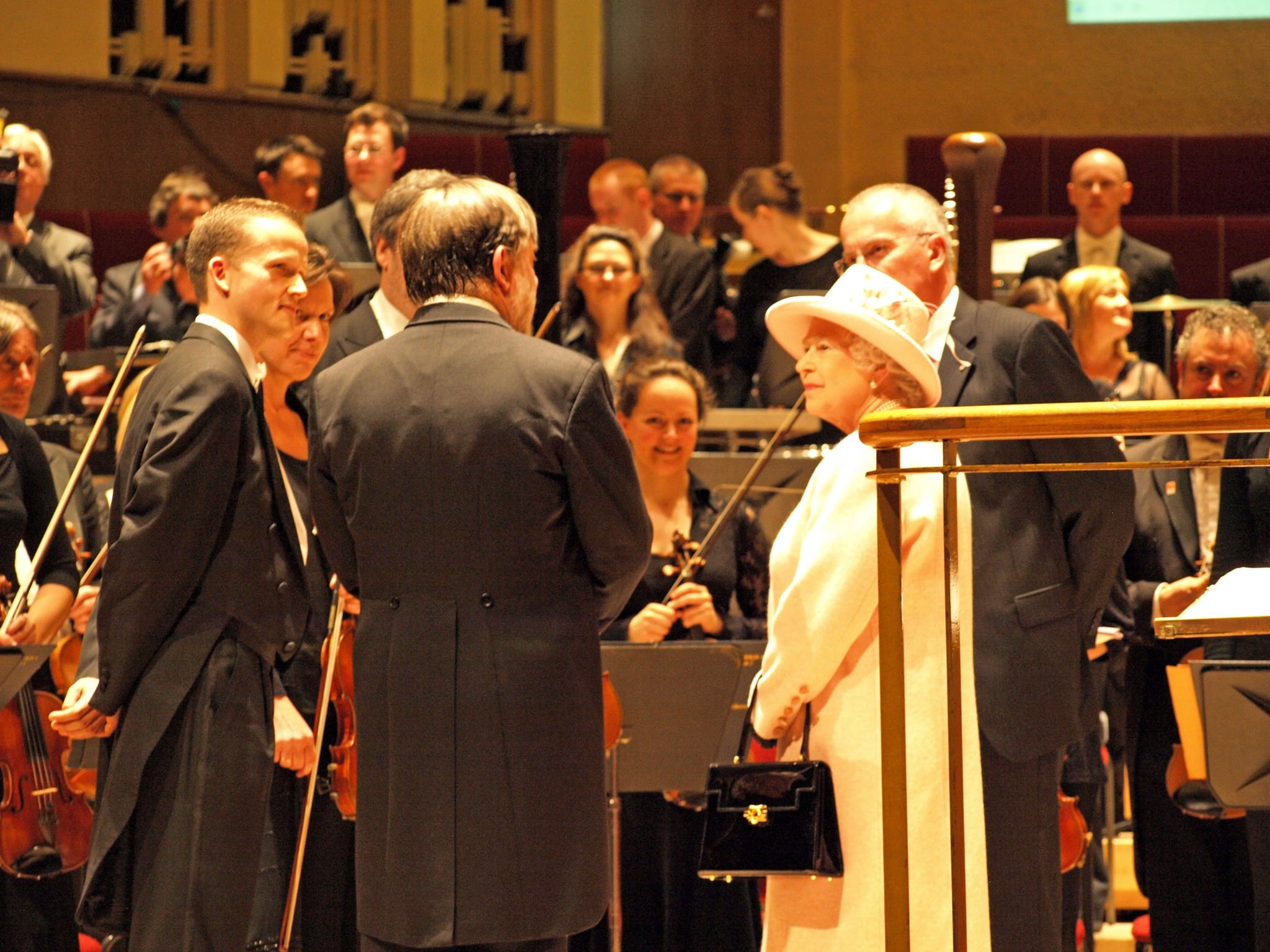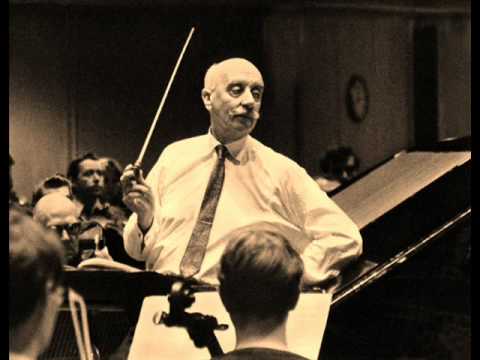The miserable dereliction of St Paul’s Cathedral choir
mainReader’s Comment of the Day, by a former St Paul’s chorister:
We are looking at a choir that has gone from 18 men [every day until 1981, then 18 on Sundays only] and 38+ boys singing 10 services a week [Matins and Evensong on Saturdays; x3 on Sundays] to 12 and 30, and now possibly being reduced further – to nothing at all…yet all the while striving to maintain as it has done to date the musical excellence that has always made it ‘then best of the best of the best’ (as BMR always told us).
It is easy to blame a virus or wider secularisation of society (I was a chorister in a small village church choir in the late 70’s – what is of parish choral music-making now?), but if this is true, it is too horrible to contemplate.
And of course, if true, think of the ripple-effects if no boy choristers: reducing the numbers of music scholarships to schools and likely progression to Choral Scholars and entering the music profession as adults.
Consider too how in the War the boys went off to Truro, but the men still sang daily – perhaps the threat to their life was ‘differently-dangerous’ but they continued al the same. No such joy (or spiritual relief) in lock-down or much of it anyway.
(And I recall an Evensong when there was an IRA bomb-scare – but we carried on singing at least until the end of the Psalms [for the day, of course]..!)
But with all that in mind, and the ‘lack of tourism’ being given as a primary reason – St. Paul’s only ‘recently’ (late 90’s?) charged an entrance fee – how did it support itself until then (and a larger choir to boot)? Might its then supporters make themselves known once more?
Perhaps some, if not all, of the monuments to all those great and good 18th and 19th Century men can be removed and sold off for scrap marble…might that help…?
And to think there is talk of a Covid chapel (or equivalent) costing millions – why (other than to tick an ‘on message’ box)? Where’s the one to Spanish Flu, Hong Kong flu, Yellow Fever and malaria victims etc etc, all of whom are far greater in number… and who will sing at its ‘blessing’ ?






I’m pretty certain we paid to go in before the 90’s and you have to remember that religion is not as important these days as it was.
Well, I didn’t, in 1987, but of course I left a donation, as I do in any church I enter.
Dear Elisabeth, you write that “religion is not as important these days as it was”. I think that is called a sweeping statement in English. It is (for better or for worse) as important as it has ever been. The question is to whom. And on what basis. If you mean a burgeoning secularism in society, then that is all well and good. But the rise of militant religious fanaticism, which some would say leads to an ardent brand of nihilism, is there for all to see.
“But the rise of militant religious fanaticism, which some would say leads to an ardent brand of nihilism, is there for all to see.” I absolutely agree. With the death and destruction bythe religion of socialism (for it defies reason and human nature) caused in the 20th century, it still comes back.
Given the context of the article about cathedral music, it is fairly obvious that Elizabeth Owen uses “religion” to mean christanity, and focuses her observations on UK (or perhaps even England).
You never ever pay to go to any church service, Elizabeth, in any Cathedral of any denomination. You pay to visit the building when no church service is on, and that was introduced in the late 80s or 90s, particularly targeting tourists. The number of people becoming Christians in the Anglican London Diocese and at Westminster Catholic Diocese alone is phenomenal – hundreds of not thousands. But not everyone wants to go to Cathedral, particularly in the south, where you are anonymous but to go to a local parish church where, when you die, you will be known and pastorally looked after. Religion and faith are vital but church going habits, not the same thing as faith, have changed. Now since the pandemic a huge new online congregation there who must not be ignored.
I’m comforted by the claim that I shall be “pastorally looked after” after I’ve popped my clogs. Very reassuring.
Not true if you are Anglican since Protestants don’t believe in the efficacy of ‘prayers for the dead’.
Our heritage, culture and historical places need protecting. Neither the choir of St Paul’s, nor St Paul’s itself, can be allowed to fail. That said, I’m still waiting for someone to tell me what the CofE do with the £870 MILLION they make as a return on their £87 BILLION investment, per year. A disgusting amount of money.
Clergy pensions. Maintaining and heating thousands of ancient buildings. Just for starters.
Why does more singers=better choir? I guess that’s classic Lebtecht controversialism. I have no particular horse in this race but I think the choir are currently excellent.
John, Saint Paul’s traditionally had a “double cathedral” choir, due to the vastness of the space. No trouble fitting in an orchestra for a Mozart Mass which I heard there as a student.
Exactly, Craig. The ‘modern’ St Paul’s Cathedral Choir was established in 1872 by Sir John Stainer during his tenure as Director of Music. Following the removal of the quire screen Stainer realised that the uniquely large choir was required to fill the cavernous space with sound with the grandeur to match Wren’s extraordinary architecture. That ‘full fat’ sound has been heard on countless state occasions and on numerous acclaimed recordings, as well as every day at Evensong for almost 150 years. For all those who commented on the impact of the music at HRH the Duke of Edinburgh’s funeral last month, this, and the nations’ other cathedrals, is where music of that quality is made every single day.
In fact, Stainer advocated for 40 boy trebles. The current number is around 30. The Dean and Chapter of St Paul’s funds the education of the boy choristers for five years and pays the professional fees of the Vicars Choral. For those of you on this thread asking where the money goes, there is a hint. Some of it also goes on maintaining the fabric of a Grade I listed building of the utmost importance in the national consciousness. And believe it or not, some it also goes on the church’s ministry, which, like it or not, is why it is there.
My old choirmaster used to say it’s quality not quantity.
They certainly charged when we moved there in 1993.
So? It’s a church choir cry me a river. Has no relevance to anything and is a luxury accessory for… a church. Want it? Pay for it. If you… go to church. Choirs, organs, etc – who cares
Au contraire, outside of the Evangelical churches, recruitment of children to church choirs (very few left) is potentially the biggest source of increasing the number of children in a congregation in the short-term, and permanently increasing the membership of the Anglican church in the long–term. Sadly, many in high authority in the church hierarchy fail to see this – if they did, employing inspiring, ‘pied piper’ musicians would be the highest budgetary priority in the CofE. Unfortunately the CofE currently sees increasing the number of central diocesan administrators and bureaucrats as the key to future growth in the church…
Actually, Anglican Cathedrals are legally obliged to “celebrate the office in choir” every day. That is, they must do the morning and evening service, and have a choir to do it.
The focus of Money as the sole arbitrator for greater good, started from Thatcher, has eroded our standards. Musicians are now people who can sing in tune to a backing track. Play a few chords maybe. Learn some songs off YouTube. That’s the standard. We need to realise this. Like a cheese-burger. We all love ’em, they’re cheap and easy, but we know there is something better. And we don’t call a burger-griller a chef. The solution I believe is to bring God back to the centre of excellence. He has been side-lined by other agendas, mainly sexual. Many see Him as an enemy not a friend. That must change if we want progress in society
I repeat what I said in the earlier post on this topic (14 May): Don’t these organizations have savings and investments to carry them through lean periods like this? I can’t believe they don’t – and if they don’t the Dean and Chapter should resign immediately, on the grounds of gross irresponsibility. In 2019 St Paul’s had approximately 1.72 million visitors, each paying £18 (adults), £16 (students and seniors), or £8 (children aged six to 17) – what have they been doing with it?!
Anglicanism is dying in the UK (and most other territories). We can’t expect the faith – and its fabric and culture – to carry on when its hierarchy has become a mixture of the Branch Covidians, the Ancient Injustice Mea Culpists, and the Achingly Woke on every fashionable theme. God sometimes gets a mention (but only if reframed for modern sensibilities to avoid hurty feelings). The CofE is irrelevent to most ordinary people. It is propped up, for now, by its privileged status as the Established Church of the land but that is increasingly untenable. Those with anything resembling the historical Christian faith usually head off for something more robust – leaving the pews empty and little money in the plate for things like choirs.
Er…this isn’t really true. Other denominations go in and out of fashion but Anglicanism keeps trundling along.
The two large denominations where church going has collapsed are the Catholics (partly saved by European immigration) and the Methodists. The new denomination is Pentacostals (really an outcrop of Methodism).
The kind of middle-of-the-road Anglicanism of the past is dying (especially the small local parish), but the three groups which are doing really well are: (i) the Anglo-Catholics; (ii) the Anglican low church evangelicals; (iii) Cathedral services (barely attended in the past but increasingly popular).
Once a church loses its worshipers, it loses its credibility. Eventually, a cathedral choir sings more to an audience than to a congregation. Unlike parish choirs which sing for nothing, cathedral choirs expect to be paid. And the money has run out.
More people attend Cathedral services these days than, probably, ever in the past. For most of the 18th, 19th and 20th century, the morning/evening service was attended by no congregation at all.